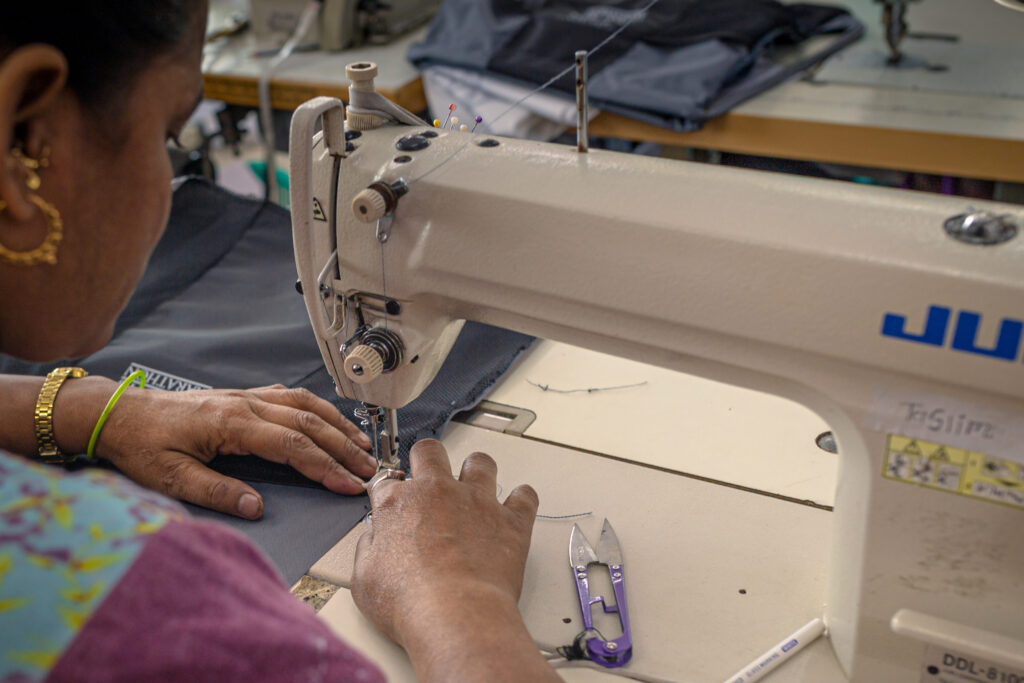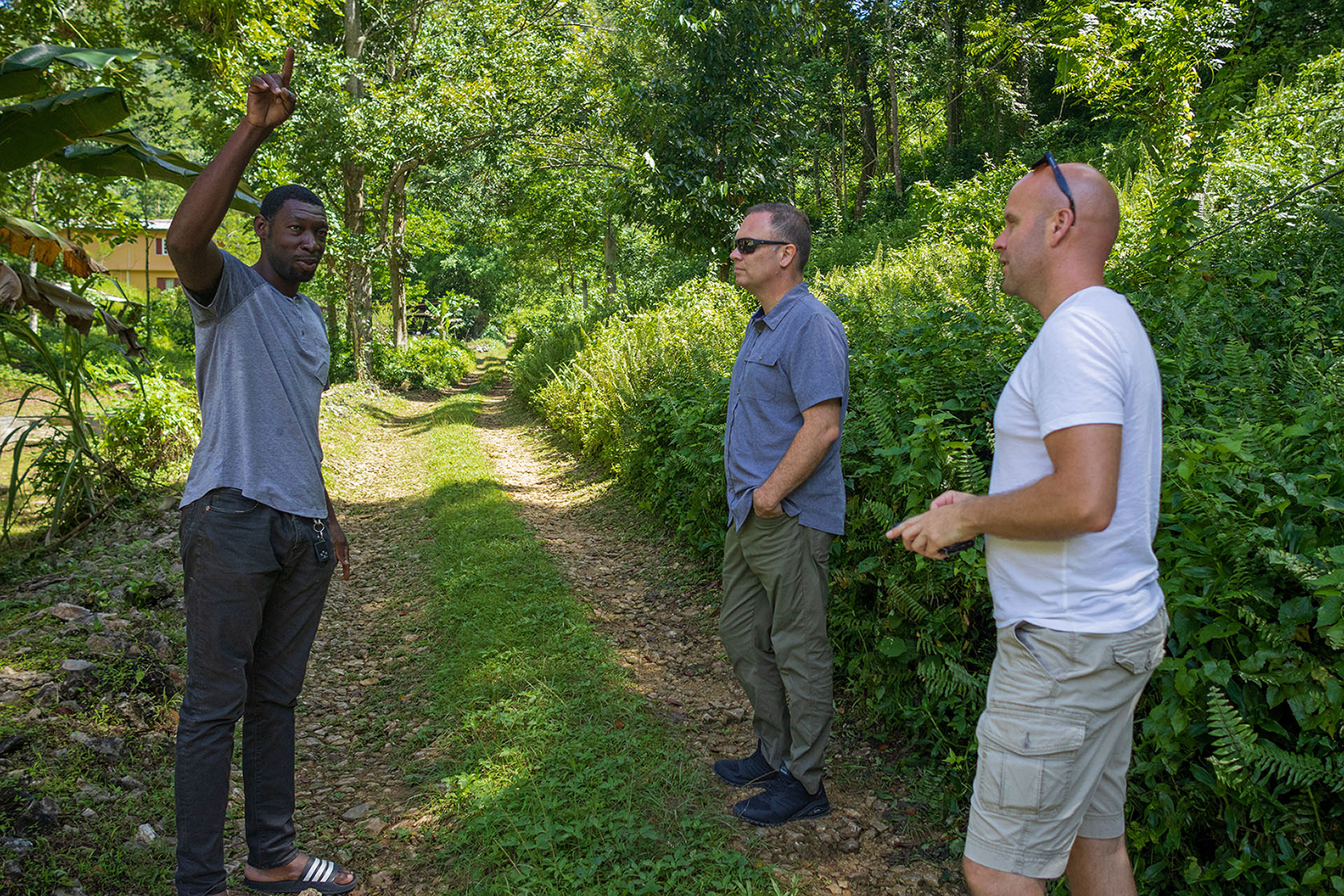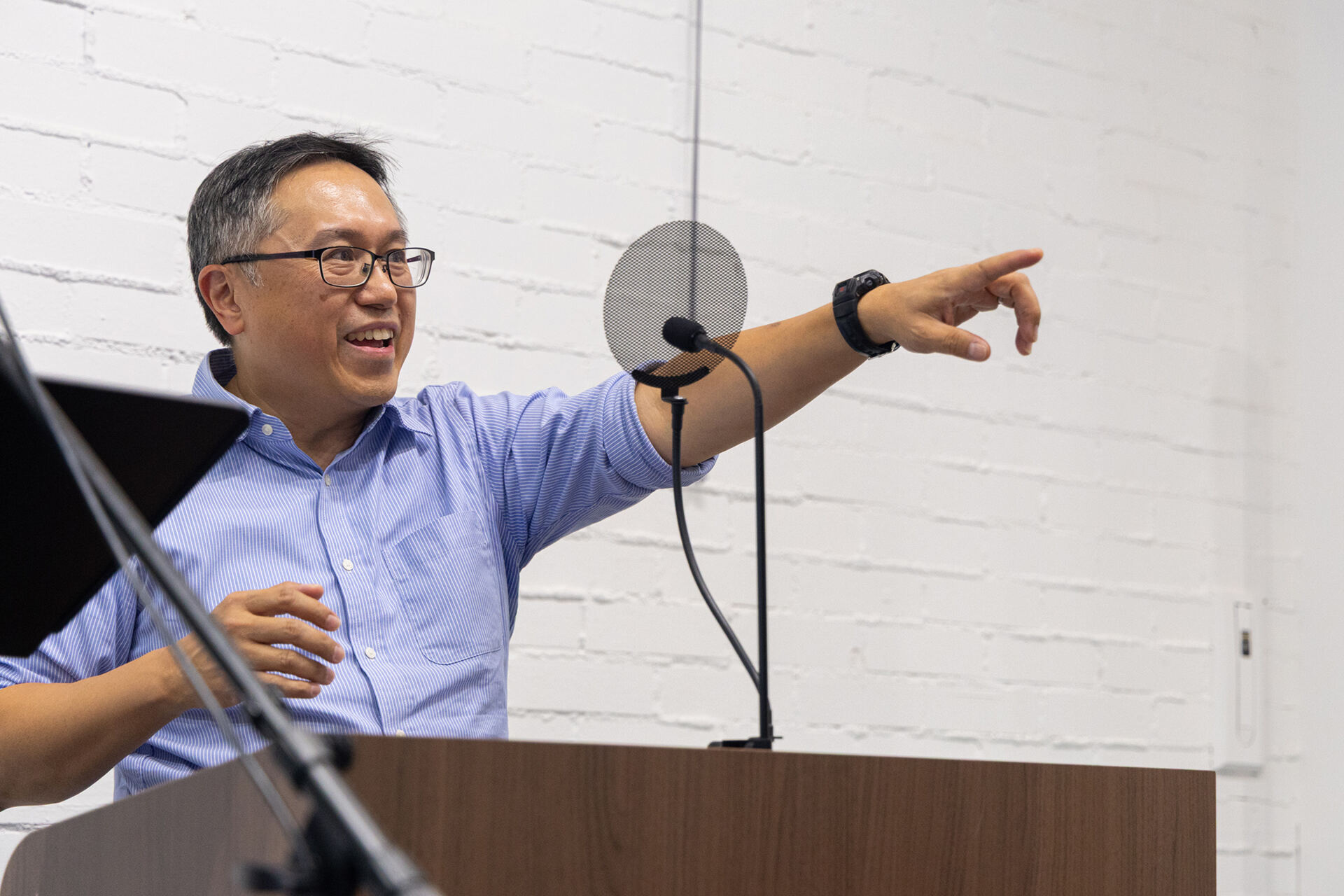One insightful comment over breakfast opened my eyes to how much I can learn from national believers around the world.
We were eating at one of the nicer establishments on the Hip Strip, frequented by locals and tourists alike. The waiter had delivered our plates of saltfish and akee, Jamaica’s national dish—preserved fish sauteed with the custard-like fruit of the occasionally poisonous akee tree. It’s delicious. Three missionaries sat with two pastors and their wives around a table chatting genially about nothing in particular. I don’t recall what prompted it, but midway through the meal Pastor Falconer sighed, looking into the distance.
“Jamaicans live in a mindset of scarcity,” he said, “instead of seeing the opportunities and resources around them.” He went on to describe how many young people see nothing for themselves on the island and that they must leave for the US, UK, or Canada to make a living. It can seem impossible to build into the community when eyes are constantly focused outward. That’s when I realized there’s a lot to learn.
I serve with ABWE Live Global. Live Global is built upon the relationships we have with our national partners; in fact, it’s our raison d’être. Our missionaries come alongside national Christians to encourage and support their vision.
Working effectively with national partners requires humility. Humility is a virtue we are all supposed to exhibit, whether we like it or not. Jesus himself makes this clear in Luke 14:11: “For all those who exalt themselves will be humbled, and those who humble themselves will be exalted.” The exaltation in this instance refers to eternal life and heavenly rewards.
Humility can be especially difficult in missions work. We must understand that our ideas are not always best, our methods are not always the most effective, and our cultural understanding is usually woefully incomplete. We must recognize that God has given everyone different giftings, skills, and resources which all work together for his glory and our good. We must be willing to receive, not just give; to rest, not just work; and to learn, not just teach.
There is much we can learn from our national Christian partners.
We can learn how to be joyful in the Lord in all things from our Jamaican brothers and sisters. They steadfastly rejoice in serving God even as they lose youth in their congregations to drugs and violence. When young men look to the marijuana fields and young women enter prostitution, brave men like Pastor Henry live among them to reach them with the better way of the gospel. He told me that they leave the church to make money the only ways they know how. Then, with a smile, he said, “but the Lord will bring them back.” He is building businesses not only to support his family but to inspire those around them.
We can learn commitment and how to be a true church family from Pastor Alvaro in South America: in his church of nearly 150 members, only a few ever miss a Sunday gathering, and he calls those few the following Monday to make sure everything is okay. Some of their attendees travel more than two hours on public transportation to get to church.
We can learn how to trust in God’s provision from Pastor Predestin in the Dominican Republic. He works hard, and when faced with a challenge, laughs confidently and says, “God will provide.” And God usually does. Pastor Predestin is a man of vision, seeing impossible dreams come true on the island of Hispaniola. When I saw all the businesses he runs in order to fund an orphanage, I became frustrated—there was so much uncertainty, and planning for the future is difficult in his tumultuous nation. But Predestin isn’t frustrated. He is one of the most jovial people I have ever met because he has enough faith to trust in the Lord completely and bear witness to his miraculous provision.
We can learn about redemption from women all over the world who have been rescued from sex trafficking, the part of their humanity once lost now restored through the power and person of Jesus Christ. In India, we saw countless brothels. With our guide translating, we spoke to one young lady who didn’t feel that she needed to be rescued, that this was her lot in life, and if she performed well enough, her station might improve in the next life. Without God, it’s easy to lose sight of our humanity, for it is God who imbues humanity with inherent value. Upon meeting a group of rescued and rehabilitated women at the sewing studio the next day, I was moved to tears by something I never thought could be so profound: painted toenails. But what they represented was a sister in Christ, purchased out of her slavery and redeemed by his blood, now understanding her true value and worth in the eyes of the Creator. She paints her toenails in defiance of her former captors and in delight of the beauty and goodness of the gracious gifts that come from above.

Later during breakfast, Pastor Falconer paused after eating some more akee. “Do you know why I dress so well and have a nice car?”
It was a good question, one we’d all been considering, even if it was left undiscussed. Tailored suits and a fine automobile tend to stick out in MoBay.
“In this country, people think that if you are a pastor and have money, you must be stealing from the congregation; that if you are a true Christian, you must be poor. I want to show them that doing good and being successful in business are not mutually exclusive, and that business can be an avenue for missions. We want to inspire our youth to stay and build into Jamaica. You see, wealth does not equal treachery, nor does poverty equate to piety.”
I still have a lot to learn.




